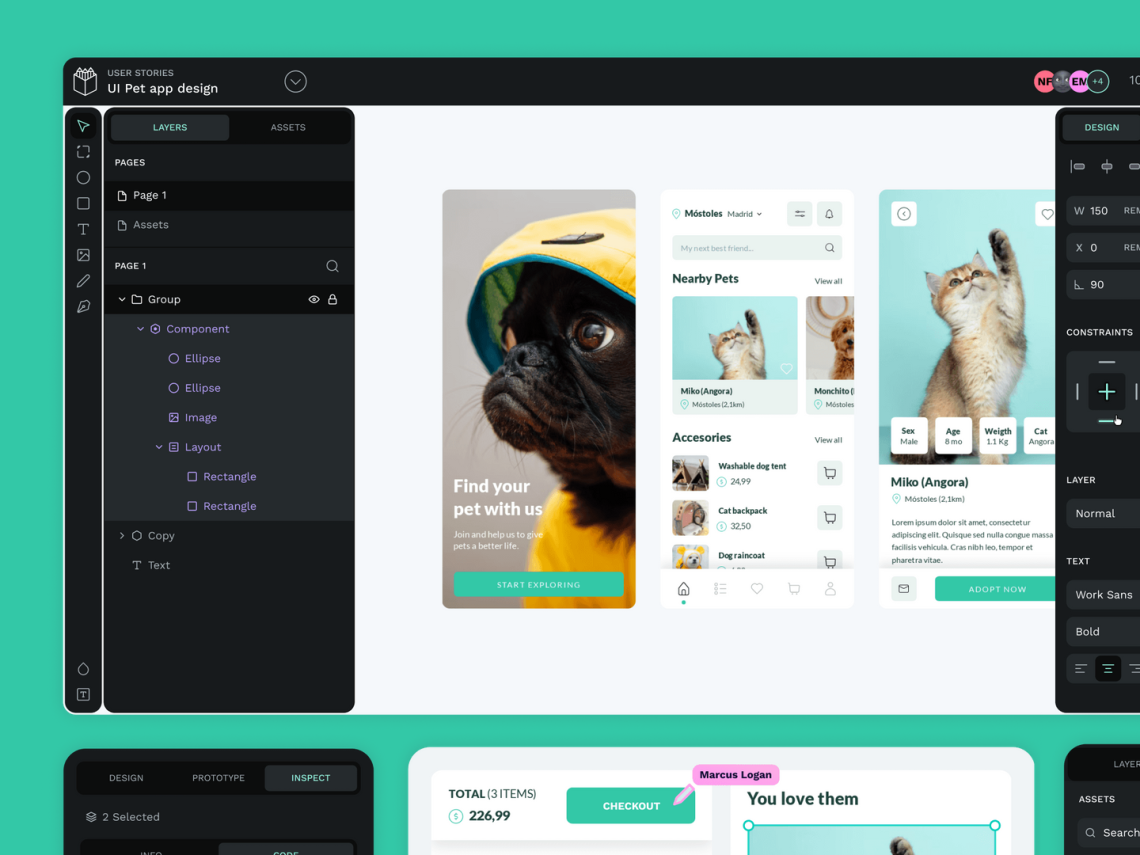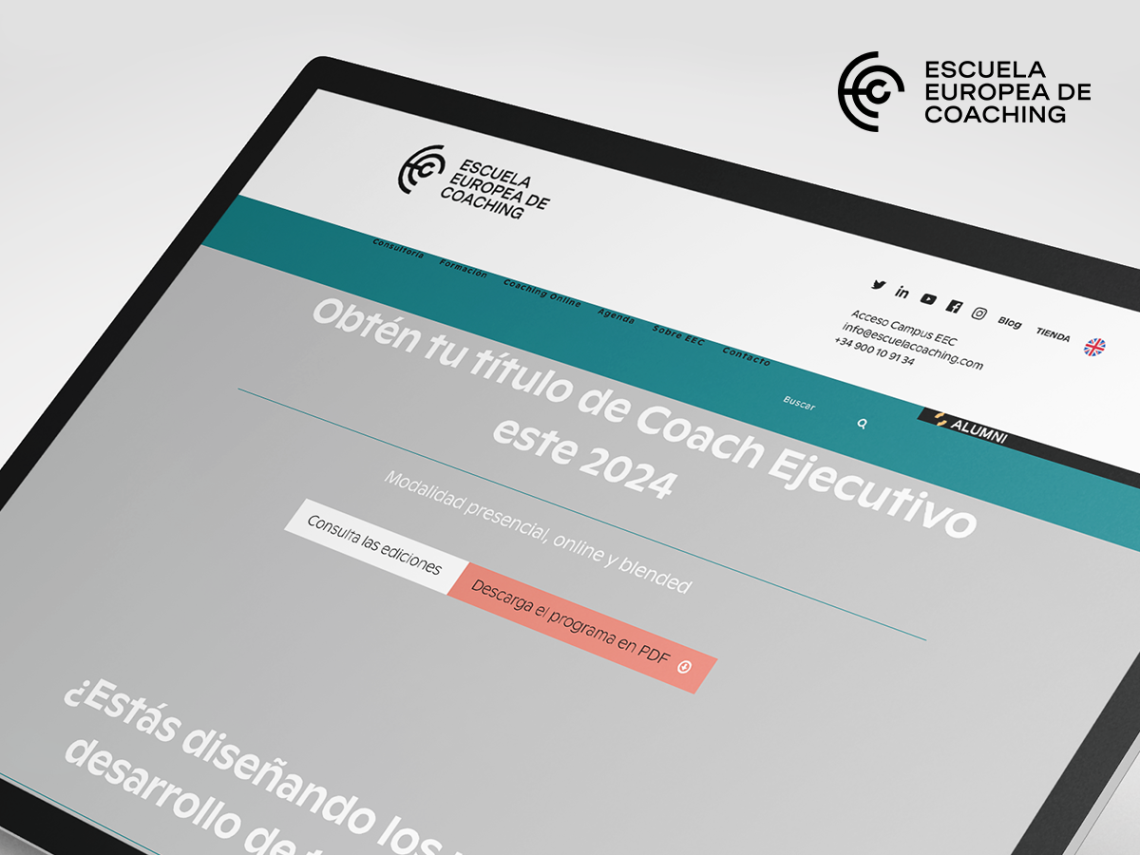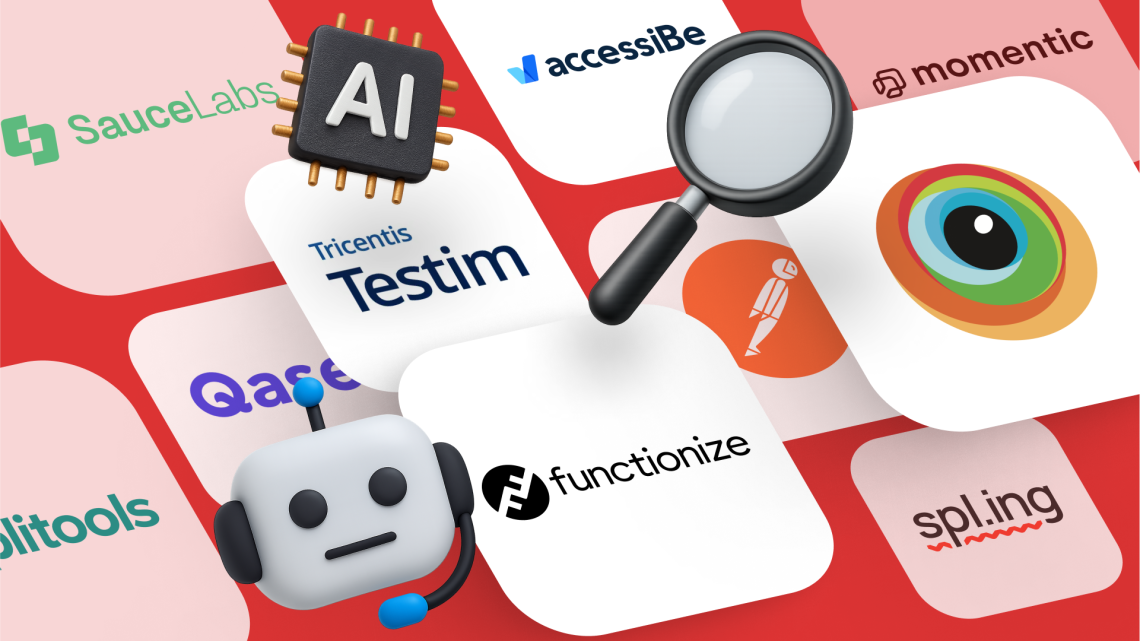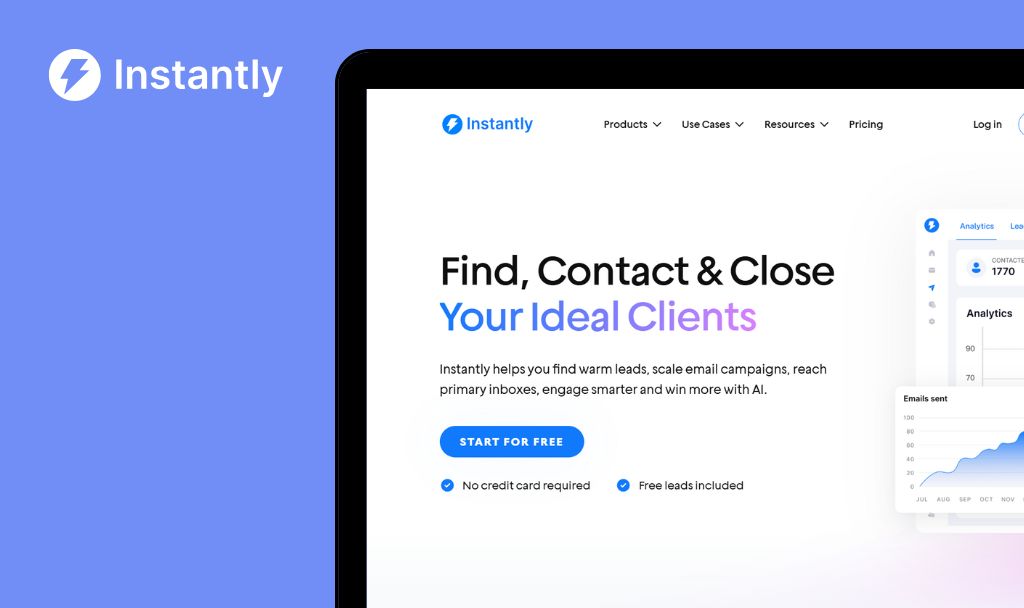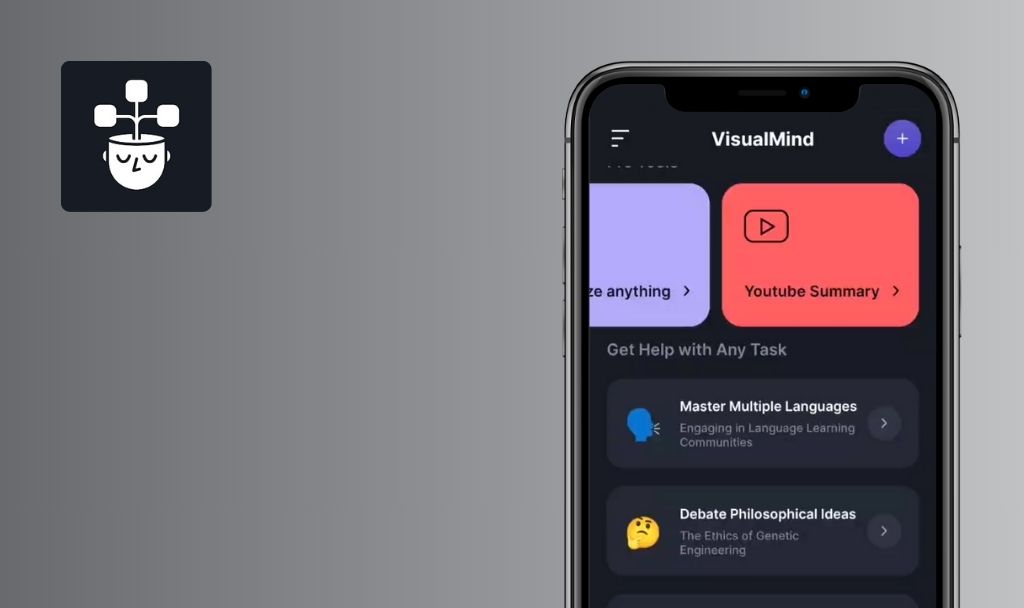
Why AI-Based Testing Matters
AI-based testing leverages artificial intelligence to enhance software testing processes, automate complex tasks, improve test accuracy, and lower costs. Integrate AI into your QA workflows with our cutting-edge AI-based software testing services.
Core Benefits of AI-Based Testing:
- Improved Accuracy: Minimize human errors, ensuring precise and reliable results.
- Faster Time-to-Market: Accelerate testing cycles significantly.
- Cost Reduction: Automate repetitive tasks, reducing resource usage and costs.
- Better Coverage: Achieve thorough test coverage efficiently.
- Enhanced Regression Testing: Quickly identify changes and streamline regression testing.
Burning Issues You Can Resolve
with Expert Software Auditing
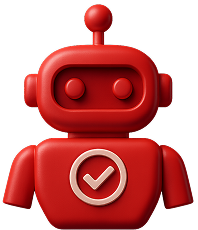
AI Adoption Soars
55% of organizations now use AI tools for software testing; mature DevOps teams reach 70% adoption.

Self-Healing Automation
AI updates test scripts automatically when applications change—no manual fixes needed

Edge Case Coverage
AI generates test cases for hidden and complex scenarios that manual testing misses

Release Speed
Teams using AI deploy code 50%+ faster than last year

ROI Impact
43% of QA teams see significant productivity gains and coverage improvements with AI

Predictive Bug Detection
Machine learning pinpoints high-risk areas and predicts defects before release
Our AI-Based Software Testing Services
AI-Based Automation Testing
Leverage our expertise in AI-based automation testing to automate repetitive tasks, including regression, performance, and functional testing. Enhance productivity and free your QA team to focus on strategic testing.
Test Generation
Automatically generate comprehensive test cases based on input data, user stories, or existing code with our smart AI-based software testing methods, ensuring maximum coverage and minimizing manual effort.
AI-Based Defect Prediction
Predict potential software defects before deployment by analyzing historical data with machine learning algorithms. Our solutions proactively identify weaknesses, enhancing overall software quality.
Visual Testing with AI
Utilize AI-powered image recognition tools to detect visual anomalies, layout errors, and UI inconsistencies. We offer robust AI-based web testing solutions to maintain visual perfection across devices.
AI-Based Performance Testing
Implement AI-driven performance testing to simulate real-world usage scenarios and accurately measure software performance. Optimize your applications proactively, ensuring stability and responsiveness.
AI-Based Security Testing
Protect your applications from vulnerabilities using AI-driven security testing. We utilize advanced algorithms to identify potential security threats, ensuring robust protection for your software solutions.
Selected Cases
Explore our customer success stories, which highlight how we’ve combined traditional and AI-based web testing to achieve improved test coverage.
Ready to revolutionize your QA with AI-based testing?
Contact UsWhy Use AI for QA Testing?
Leveraging AI in software testing provides numerous advantages, including faster execution, enhanced efficiency, and improved accuracy. Here are several ways to integrate AI into your software testing process:
- Self-healing tests: AI-powered self-healing automation enhances test stability by automatically adapting to code changes. This ensures tests remain accurate, up-to-date, and resilient, ultimately saving time, effort, and resources.
- Test data generation: Automating the generation of test data significantly reduces time, effort, and resources while enabling comprehensive test coverage.
- Test report generation: Test automation tools deliver detailed and customizable reports after each execution. These reports offer valuable insights for developers and QA teams, facilitating the efficient identification of areas for improvement.
- Accelerated testing: AI-driven test automation speeds up the testing process by automating repetitive and time-consuming scripts. This allows manual testers to concentrate on areas requiring human judgment, such as exploratory testing.
- Low/No-code testing: Low/no-code testing tools simplify test case creation and maintenance. They can also accelerate test automation by up to 10x, potentially reducing overall testing efforts by 70%.
- Regression automation: Automating regression testing significantly benefits testers by reducing the time spent retesting applications after code changes, updates, or bug fixes.
Why Us?
 Enterprise-Level Impact
Enterprise-Level Impact
Trusted by leading software vendors, we’ve enhanced QA speed by 3x across enterprise teams.
 Cost Savings Achieved
Cost Savings Achieved
Our clients cut regression testing costs by up to 60% with AI-based automation.
 Accelerated Time to Market
Accelerated Time to Market
We help businesses reduce testing cycles, enabling faster and safer releases.
 AI QA Expertise
AI QA Expertise
Over 150 AI-powered products tested across finance, e-commerce, and SaaS sectors.
 Seamless Integration
Seamless Integration
Quick adoption into existing SDLCs with minimal disruption and maximum ROI.
 Proactive QA Strategy
Proactive QA Strategy
We don’t just test—we optimize, helping our partners scale quality as they grow.
Other Services We Offer
API Testing
Ensure seamless integrations with precise validation of RESTful and SOAP APIs across various environments.
Accessibility Testing
Guarantee compliance with WCAG standards by identifying usability barriers for people with disabilities.
Localization Testing
Verify region-specific accuracy across languages, currencies, and formats to support global releases.
Blockchain Testing
Detect security flaws and validate smart contracts to ensure trustworthy decentralized applications.
FAQ
What is AI-based testing?
AI-based testing integrates artificial intelligence algorithms into software testing processes, automating complex tasks and significantly enhancing accuracy, efficiency, and overall quality.
Does AI-based testing replace manual testing?
No, AI complements manual testing by automating repetitive tasks, allowing human testers to focus on exploratory, usability, and intuitive aspects that require human judgment.
What scenarios are best for manual vs. AI-based testing?
Manual testing excels in usability and exploratory testing, while AI-based testing is ideal for repetitive tasks such as regression testing, load testing, and security testing.
What are the key steps to adopting AI-based testing?
Key steps include identifying suitable processes for automation, selecting the right AI tools, integrating them into existing workflows, and effectively training your QA team.
Will AI in test automation overtake humans?
AI will augment (rather than replace) human testers by automating routine tasks, which will allow testers to concentrate on areas that require human insight and decision-making.
